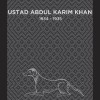 Oh, caveats. They’re buggers right? Yeah. Well, here’s one anyway – without wanting to get into the ‘how do ‘we the west’ appropriate non-Western music?’, there’s always a massive problem writing about this sort of thing. I’d not suggest that my lack of knowledge of Carnatic/ Hindustani music is in any way an impediment to enjoying/ talking about Indian classical music, but I always get this feeling that it’d take me 20 years to get near putting this in some sort of context. Ustad Abdul Karim Khan has a phenomenal tone, lovely range, the ornaments to the rags are phenomenally delivered, the recording has been re-mastered brilliantly considering it sounds like one mic in a dusty room some point before the 2nd World War (!). But I’m taking it as read that he has the reputation he does in India for good reason – I’ve heard a bit of this stuff, and this is great, but mostly my appreciation comes from a sort of awe/ reverence for the complexity of the music rather than being able to distinguish Khan from Rajesh Patel who plays in the local café.
Oh, caveats. They’re buggers right? Yeah. Well, here’s one anyway – without wanting to get into the ‘how do ‘we the west’ appropriate non-Western music?’, there’s always a massive problem writing about this sort of thing. I’d not suggest that my lack of knowledge of Carnatic/ Hindustani music is in any way an impediment to enjoying/ talking about Indian classical music, but I always get this feeling that it’d take me 20 years to get near putting this in some sort of context. Ustad Abdul Karim Khan has a phenomenal tone, lovely range, the ornaments to the rags are phenomenally delivered, the recording has been re-mastered brilliantly considering it sounds like one mic in a dusty room some point before the 2nd World War (!). But I’m taking it as read that he has the reputation he does in India for good reason – I’ve heard a bit of this stuff, and this is great, but mostly my appreciation comes from a sort of awe/ reverence for the complexity of the music rather than being able to distinguish Khan from Rajesh Patel who plays in the local café.
ANYWAY. This is a great record. I imagine that it’d go down well with a lot of people into Indian stuff (which should be you, otherwise I’m not your friend any more), it’ll tick the Folkways box, it’s a lush recording and a great introduction to a massively complex area. All the songs clock in around four minutes or so, which I’m guessing is due to the recording limits of the time. Which is a bit of a shame – there’s a sense in several of the songs that he’s just getting warmed up, rather than getting into the full on ecstatic reveries that come with a Nusrat Fateh Ali Khan‘s CDs. (NB – I’m not even entirely clear if that’s a fair comparison, given my dearth of knowledge from this area of music). These miniatures (and what I know of this area suggests that even 20 minute versions are incomplete versions of the live event) are a great showcase for Ustad’s tactile dexterity and subtlety around a mode. The liner notes are pretty good, giving a fair amount of biographical detail and pics – perhaps a bit lacking in musicological context though.
There’s this thing Khan does – I’m entirely sure there’s a proper term for it, but I don’t know it -where he hovers around and just flat of a major 7th (in Western scales) of the given mode and manages to maintain the suspense in a way that’s entirely gorgeous and quite anxiety inducing. The rapid glissandi around the middle of the scale, with the inhuman throat wobbling, the sudden jumps up and down a scale – just an incredible feat of human singingness. Again, as far as I know this could be something that every Kolhapuri kid can do, but… I’m suspecting it’s part of Khan’s reputation that they can’t. I should say the harmonium player, playing some odd cat-and-mouse with the vocals, is doing a great job. I have images of some poor young lad furtively panicking as Khan goes off into space with his vocals.So yeah – caveats (and disabused similes) aside, there’s no reason not to recommend this record. A great historic thing, and a lush/ baffling document of a world that I’d like a second life to get to know properly.
-Kev Nickells-
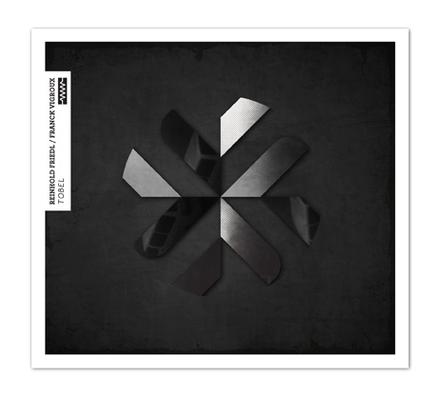
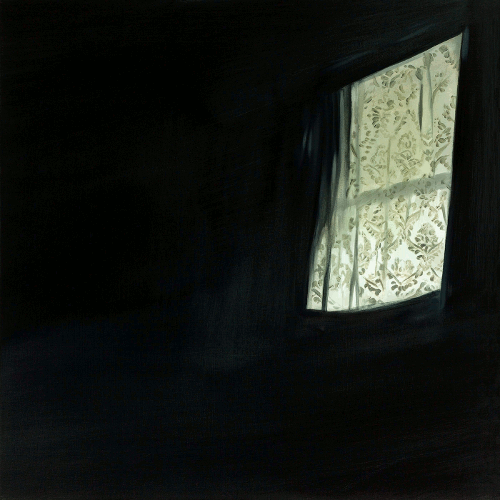
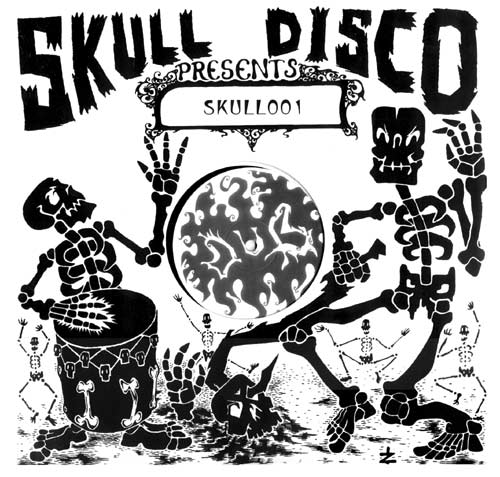
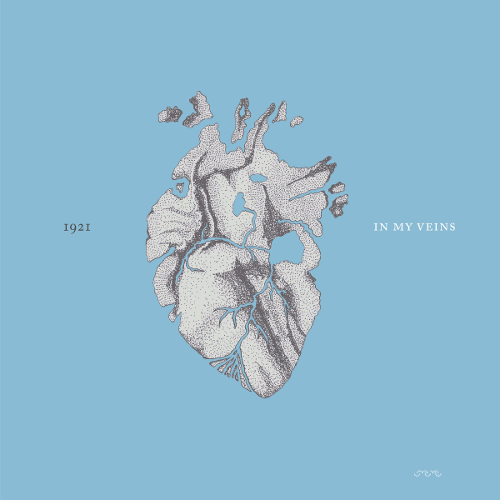
One thought on “Ustad Abdul Karim Khan – 1934-1935”
A good recording of some legendary historical 78s from India. However the first 6 tracks listings are completely incorrect. It lists some tracks that are not on the CD and mixes up track numbers on some. Here is the correct listing as per what I hear and find on older 78s that this was likely created from.
#1 Kafi Thumri: Bawre Dam De Gayo Kanha
#2 Basant Khayal Jalad: Phagava Brija Dekhana Ko Chalori (Teental)
#3 Basant Khayal: Ab Maine Man Dekheri (Ektal)
#4 Gujri Todi Tarana: Dim Dara Dir Dir
#5 Malkauns: Piran Jani Dekhi
#6 Jhinjoti Thumri: Piya Bin Nahin Avata Chain (Adatal)
Tracks #7-#10 are listed correctly with minor typos.